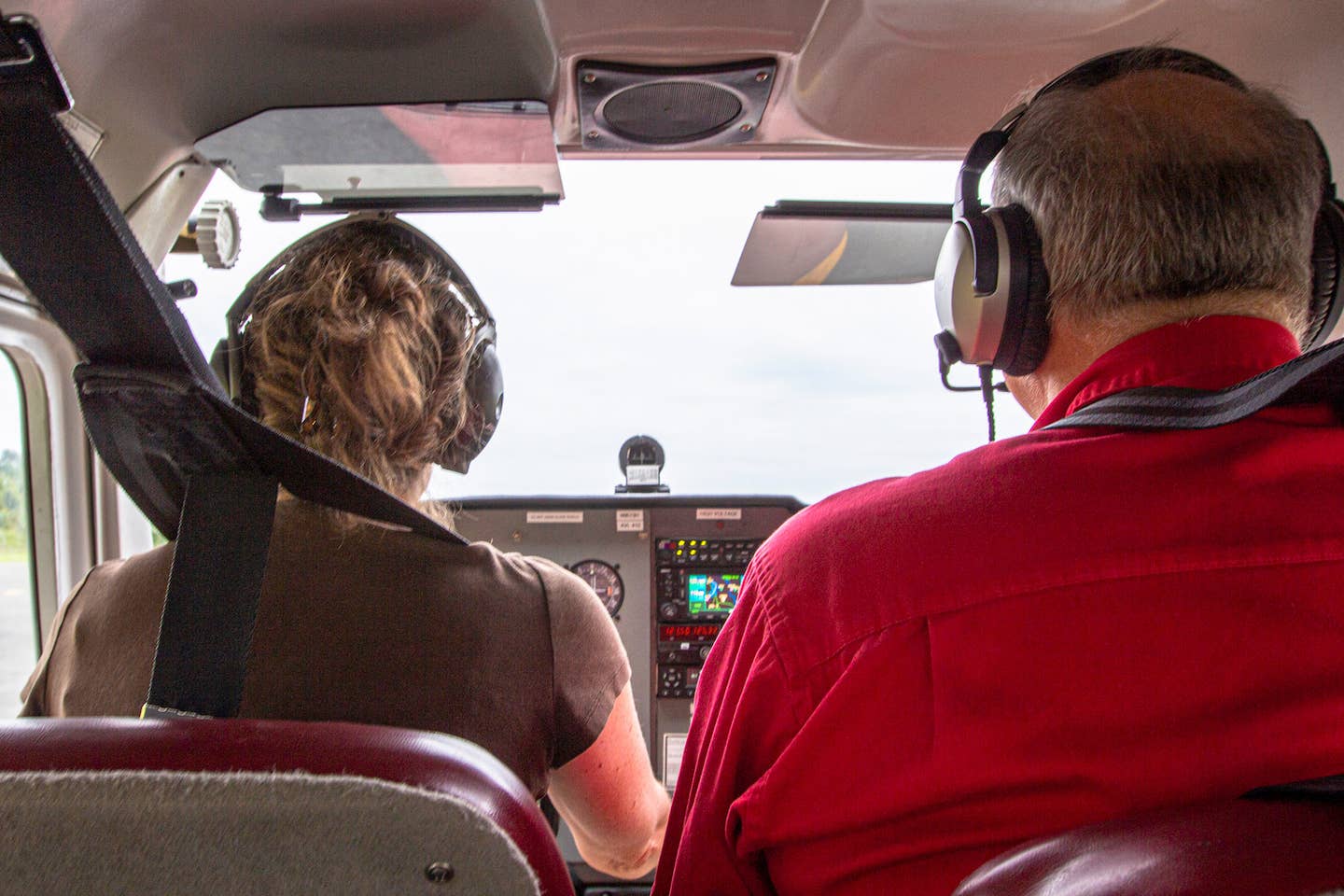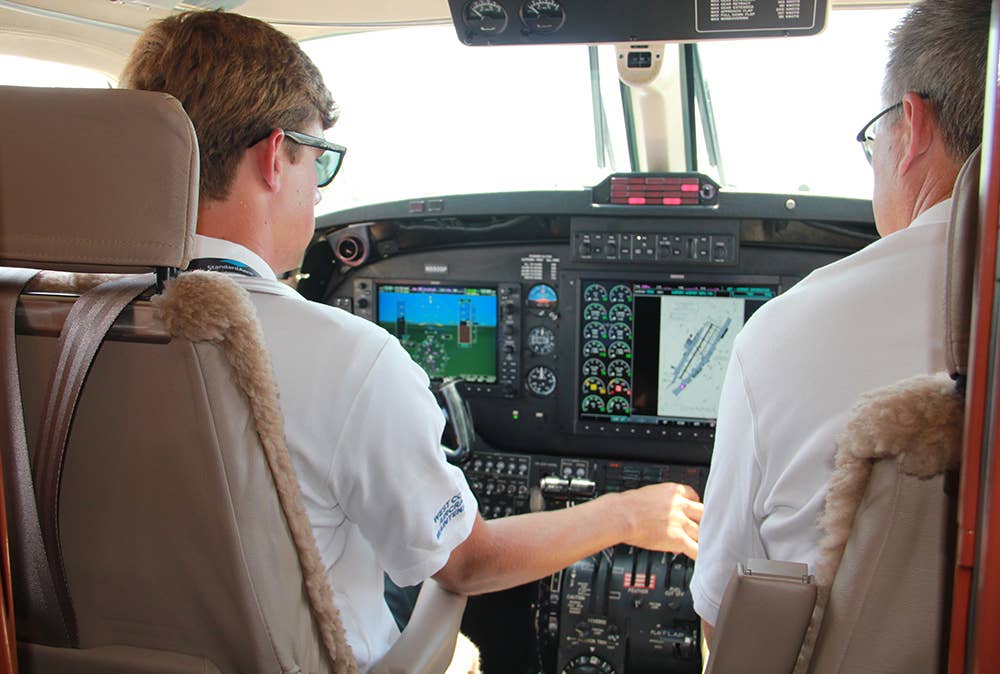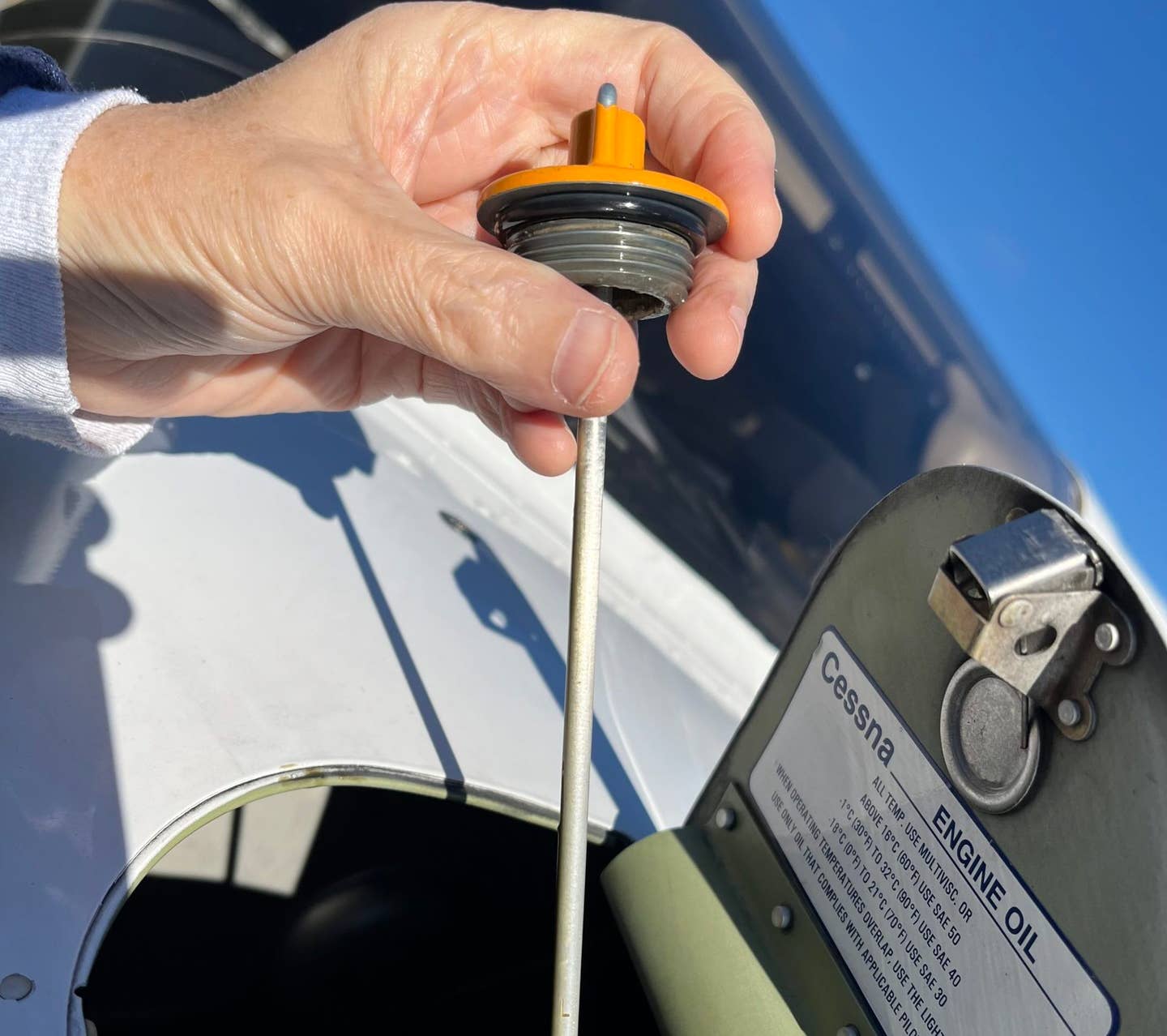
Flight instruction requires relatively close contact, but the management of risks varies widely depending on your location and the relationships between instructors and students. Stephen Yeates
The stay-at-home and social-distancing orders associated with the COVID-19 outbreak that have been issued by many states and local municipalities have had a major impact on flight training providers, both short term and potentially long term. Flight training providers are feeling pressure from local and state authorities all around the country—so what is an instructor to do in order to navigate this time?
Permanent Closures are a Significant Probability
A flight school in Florida recently had the police show up at their facility and told them they needed to terminate all operations, in spite of the fact that they had enhanced cleaning methods in place, and screening of staff and students. They contacted their attorneys and are currently still operating in a limited manner after that interaction. The school specifically stated that if they are forced to close, they will be closing their doors permanently if they need to close more than 30 days.
The state of Maryland has similarly told providers of flight training that they must stop their efforts. Two training providers (both operate multiple aircraft) have indicated that they will be closed permanently if they are prohibited from operating more than 30 days.
An FBO that offers training in Pennsylvania reported that they were told by local officials that they must terminate any in-person flight training in aircraft. When they indicated they would close the business as a result, they were told that they couldn’t do that and had to stay open because they were also the provider of fuel at the airport. Their airport management indicated to them that they must keep that service open or they would terminate the FBO’s airport operations contract.
The long-term impact of this current situation is already beginning to be apparent. Flight training in this country is quickly grinding to a halt, and it is starting to look like many of the providers will not be back if relief is not provided or limited operations allowed.
Disparate Enforcement Is Concerning
There are many who would say that nobody should be doing any flight training right now. While it may seem that this is the order in some states, it is not being enforced consistently.
Three training providers in Virginia have now closed, likely permanently, after Governor Northam ordered that "Dual instruction in small aircraft shall not be allowed by executive order 55...". Yet, with this order, it appears that no efforts have been made to make simulator training centers close their operations, based on reports that have been received from that state.
Multiple flight training providers in Arizona have had law enforcement or local officials visit their sites and tell them they need to stop. Yet at least one large simulator center that provides training for new or recurrent type ratings has not had the same treatment.
It has been reported that the governor of Colorado, Jared Polis, specifically noted that flight training must be cease for the duration of the state’s stay-at-home orders. While this seems to be being applied to training for ratings and/or certificates in light aircraft, it may not be being applied to “all flight training.” For example, while the United Airlines training center is closed for a week, sources say it will be opening back up after having conducted cleaning processes and screening of their facilities to keep providing flight training to United pilots so they can remain current for when airlines begin their return to normal flight schedules.
Many will certainly see the disparity between application of policies based on size of economic impact of the activities and potential political pressure.
What can flight training providers do to survive?
Clear guidance is hard to come by for many flight training operations at this time. With that said, I do have some pieces of advice I want to give you as someone who has worked in this industry for a significant period of time and has been monitoring the current conditions.
Follow State/Local Orders When Presented.
When given orders to cease and desist, follow them. Get good legal interpretations on these, and follow all national, state, and local laws—but get guidance on what is actually enforceable. Keep in mind that recommendations are not laws. Orders fall somewhere between recommendations and laws, as it appears. Bullying or opinions given by officials should be noted and documented when not based on actual law or enforceable guidance.
Document, Document, Document.
If you are told to cease operations by any official, get it in writing. Document students that cancel their training. You may need to be able to justify loss of customer base later. Keep records of interactions with officials and what they tell you that you must do to comply with any regulations, orders, or laws. It might even be worth keeping a daily log. Remember, in some cases it's not what’s “right,” it’s what you can “prove.”
Do Not Resist Law Enforcement Efforts. Comply and then Call Your Attorney.
Resisting an officer may be a crime. Asking an officer to document their actions as you cease and desist is not. Don’t turn a confrontation from a discussion that your attorney can help you with later to an arrest that can make the situation worse. If law enforcement or government officials are presenting information, have a witness and document the conversation or meeting.
There are many questions about the legality of whether “public good” can be used as a reason to close people’s businesses. This is especially true if the policies are conducted in a disparate manner, selectively with some businesses and not with others. I suspect there will be many lawsuits over this type of activity when this is over. Having documentation of your actions and the effects on your business activities may be helpful in something such as this at a later date.
More immediately, proper documentation may allow you to justify the case for business remedy financially. Properly documenting loss of business activity based on federal, state, or local governmental policies may help justify any applications and granting or loaning of funds that could sustain a business. When specific orders by Governors indicate “flight training” must be ceased, this is a documentary fact that might help prove eligibility for any relief funding.
Use Loss of Business Income Insurance.
Some businesses have insurance for loss of business income. The United States has declared a national state of emergency and even enacted some war powers clauses. This may trigger applicability of some loss of business income insurance policies. There is some concern that it may also nullify some policies that exempt situations involving natural disasters. Get on the line with your insurance broker or underwriter ASAP and start having these discussions. How you document how your business has been affected and why it has been closed will be critical to the potential for claims.
What Does the FAA Say?
In conversations I have had with some friends in the FAA about these things we are seeing, they have noted that at the current time the FAA has not taken any action to shut down flight training or practical tests. They are aware that some states have taken these measures and, in some cases, have even expressed that they believe the states may within their rights to take these measures. To me, this seems at odds with the fact that airports and aviation activity—which has been well proven many times over the years up to the level of the U.S. Supreme Court—have been the domain of the federal government, not the state or local governments. It has been conveyed to me that at this time no efforts have been made to limit or shut down the ability to fly in the GA system. That sentiment has included commitments that if that were to happen, an aggressive public campaign would be made to get that word out. The fact that this hasn’t happened is an indicator that there is no current federal limitation on the GA system.
It is also worth noting that you need to pay careful attention to what the FAA has actually said, or not said during these times.
An example of one danger of this is the current impression that the FAA has “extended medicals”. That is not the case. Enforcement actions will not be taken if a pilot flies beyond the date of expiration (with limitations), but that does not mean that a CFI working for your operation who has their medical expire will be giving valid (countable) instruction to a customer in that situation. A CFI must meet the medical requirements in relation to the training they are conducting. Take that example further, if the CFI provided training while having an expired medical and then the applicant attempted to use that “dual time” toward a rating or certificate it might be invalid. See the problem here?
At this time, although requests are being made to extend some compliance items and currency requirements, at the writing of this piece, those requests have not yet resulted in deviations or exemptions for most expiration-based compliance concerns.
Be safe out there, all of you. Work carefully to ensure you are in compliance with legal guidelines. And do all you can to ensure your business will survive this so the critical infrastructure of flight training will be there to serve the nations’ needs for pilots when things have settled down.

Sign-up for newsletters & special offers!
Get the latest FLYING stories & special offers delivered directly to your inbox






